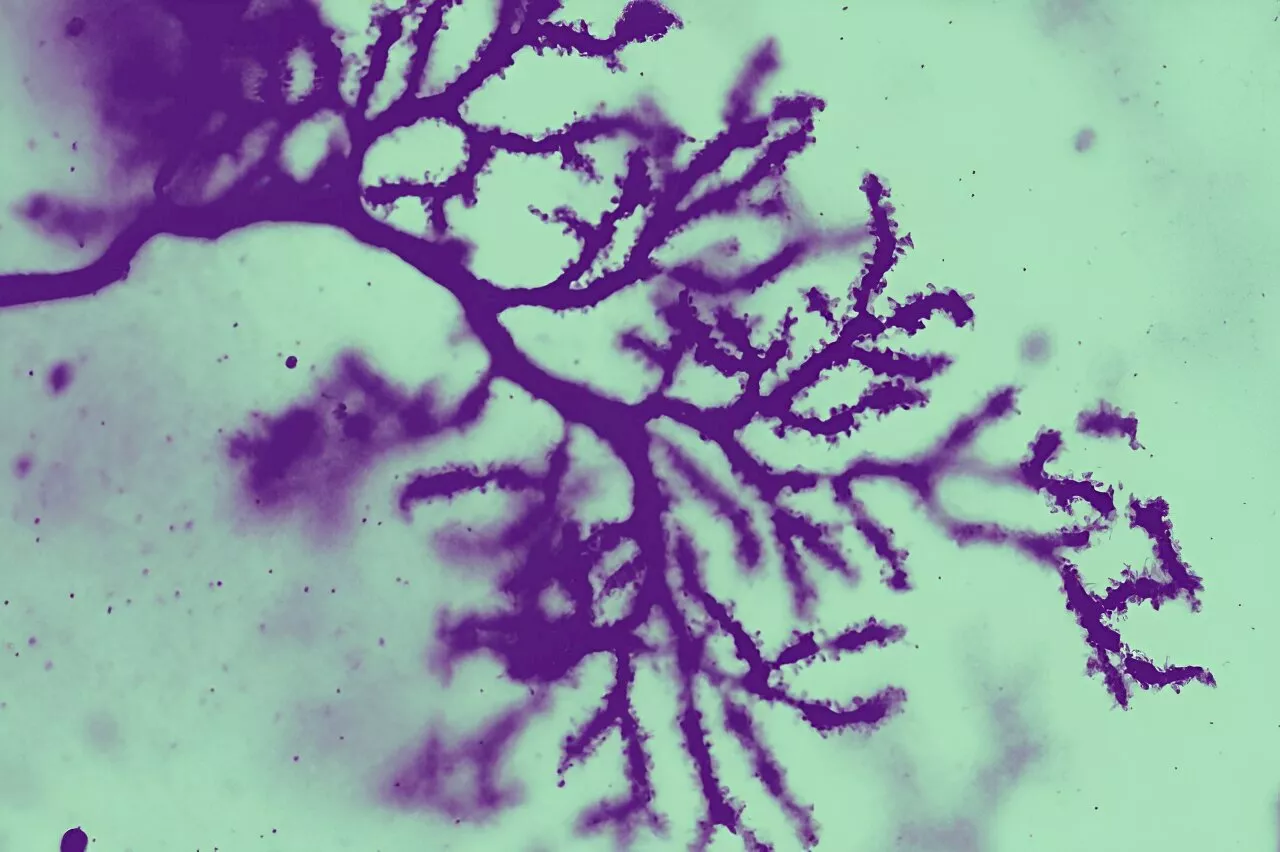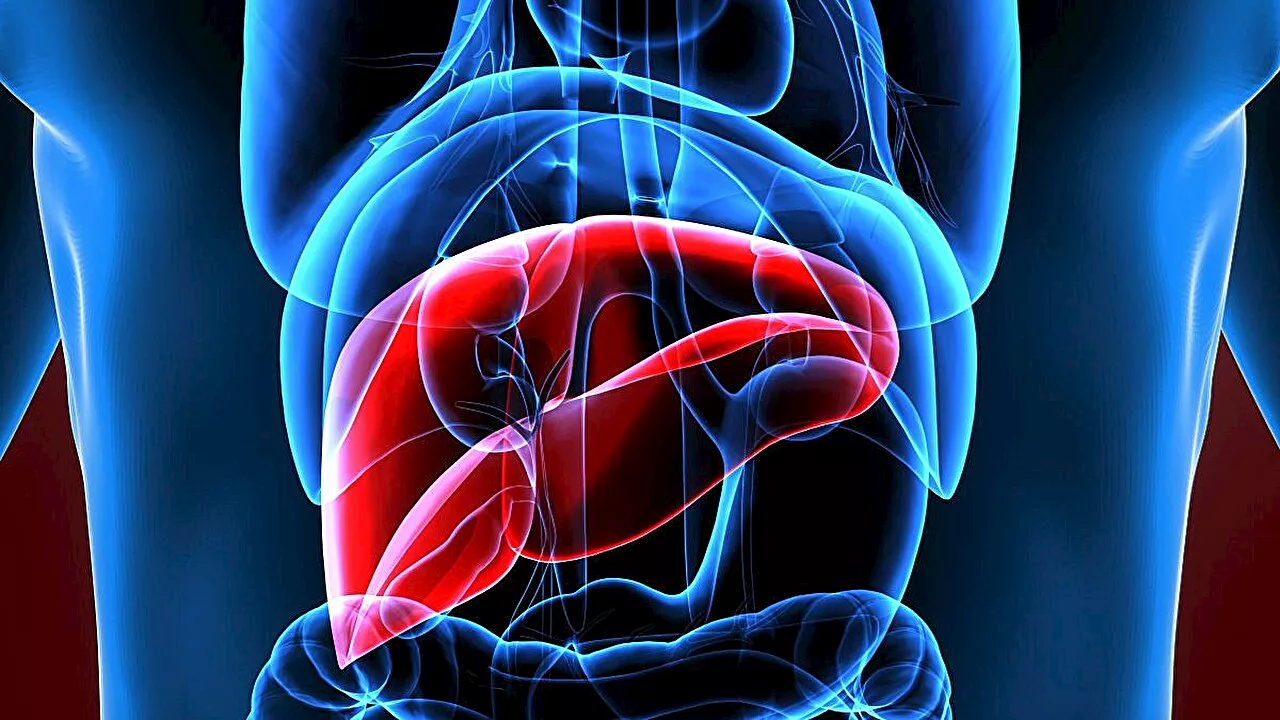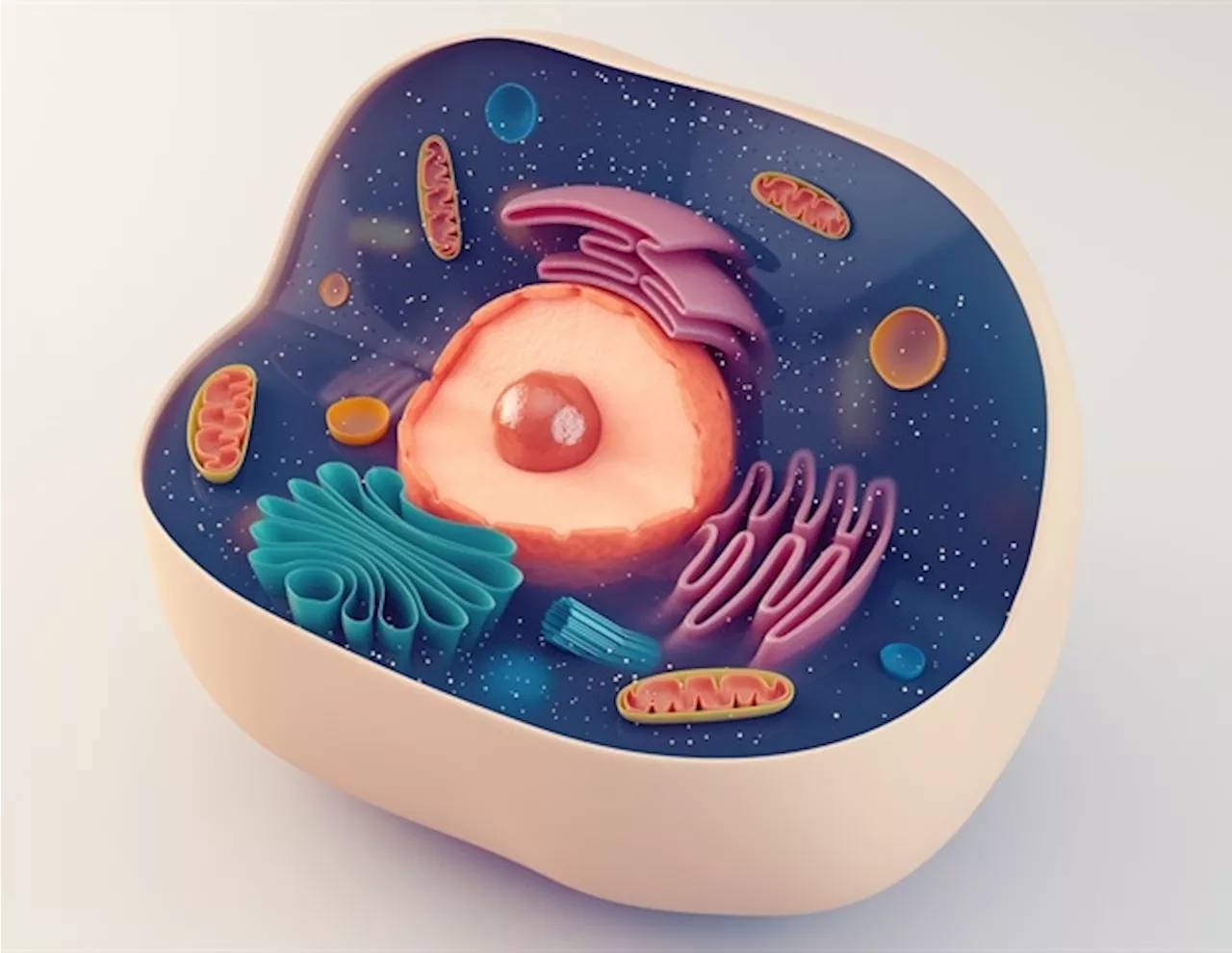One in every three FDA-approved drugs targets a single superfamily of receptors dotting the surfaces of human cells.
Rockefeller UniversityAug 28 2024 From beta blockers to antihistamines, these essential, life-saving medications trigger winding biochemical pathways, via these receptors, to ultimately prevent a heart attack , or stop an allergic reaction in its tracks.
Uncharted territory This family of receptors are known as GPCRs, or G protein-coupled receptors. Their accessory proteins are known as RAMPs, short for receptor activity-modifying proteins. RAMPs help transport GPCRs to the cell surface and can vastly alter how these receptors transmit signals by changing the receptor's shape or influencing its location.
But wading through every GPCR-RAMP interaction was a daunting task. With three known RAMPs and almost 800 GPCRs, searching through every possible combination was impractical, if not impossible. In 2017 Emily Lorenzen, then a graduate student in Sakmar's lab, began a collaboration with scientists at the Science for Life Laboratory in Sweden and Sweden's Human Protein Atlas Project to create an assay capable of screening for GPCR-RAMP interactions.
Antibodies Antihistamines Assay Drugs GPCR Heart Heart Attack Interactome Laboratory Protein Receptor Technology
United Kingdom Latest News, United Kingdom Headlines
Similar News:You can also read news stories similar to this one that we have collected from other news sources.
 Brand of kratom tied to one death, many severe illnesses, FDA warnsMillions of Americans use the opioid-like herbal supplement known as kratom, but evidence of its dangers continue to mount.
Brand of kratom tied to one death, many severe illnesses, FDA warnsMillions of Americans use the opioid-like herbal supplement known as kratom, but evidence of its dangers continue to mount.
Read more »
 Celtic transfer bulletin as Engels 'tells friends' he wants Parkhead moveThe latest from Parkhead on one in, one out, and one who has already arrived
Celtic transfer bulletin as Engels 'tells friends' he wants Parkhead moveThe latest from Parkhead on one in, one out, and one who has already arrived
Read more »
 Study finds nearly half of US counties have at least one 'pharmacy desert'Nearly half of counties in the United States have at least one 'pharmacy desert' where there is no retail pharmacy within 10 miles, according to a study published in JAMA Network Open by researchers at The Ohio State University Comprehensive Cancer Center—Arthur G. James Cancer Hospital and Richard J. Solove Research Institute (OSUCCC—James).
Study finds nearly half of US counties have at least one 'pharmacy desert'Nearly half of counties in the United States have at least one 'pharmacy desert' where there is no retail pharmacy within 10 miles, according to a study published in JAMA Network Open by researchers at The Ohio State University Comprehensive Cancer Center—Arthur G. James Cancer Hospital and Richard J. Solove Research Institute (OSUCCC—James).
Read more »
 Eating one type of meal reduces depression in men, study findsDoctors should send tens of thousands of unhappy young men to a dietitian as part of their treatment programme, a study has found
Eating one type of meal reduces depression in men, study findsDoctors should send tens of thousands of unhappy young men to a dietitian as part of their treatment programme, a study has found
Read more »
 Knocking out one key gene leads to autistic traits, mouse study showsMore than 70 genes have been linked to autism spectrum disorder (ASD), a developmental condition in which differences in the brain lead to a host of altered behaviors, including issues with language, social communication, hyperactivity, and repetitive movements.
Knocking out one key gene leads to autistic traits, mouse study showsMore than 70 genes have been linked to autism spectrum disorder (ASD), a developmental condition in which differences in the brain lead to a host of altered behaviors, including issues with language, social communication, hyperactivity, and repetitive movements.
Read more »
 Study reveals MASLD, MetALD responsible for one-third of ICU cirrhosis casesMetabolic dysfunction-associated steatotic liver disease (MASLD)-related and metabolic and alcohol-related liver disease (MetALD)-related cirrhosis is responsible for one-third of cirrhosis cases seen in the intensive care unit (ICU), according to a study published online July 22 in Alimentary Pharmacology and Therapeutics.
Study reveals MASLD, MetALD responsible for one-third of ICU cirrhosis casesMetabolic dysfunction-associated steatotic liver disease (MASLD)-related and metabolic and alcohol-related liver disease (MetALD)-related cirrhosis is responsible for one-third of cirrhosis cases seen in the intensive care unit (ICU), according to a study published online July 22 in Alimentary Pharmacology and Therapeutics.
Read more »
